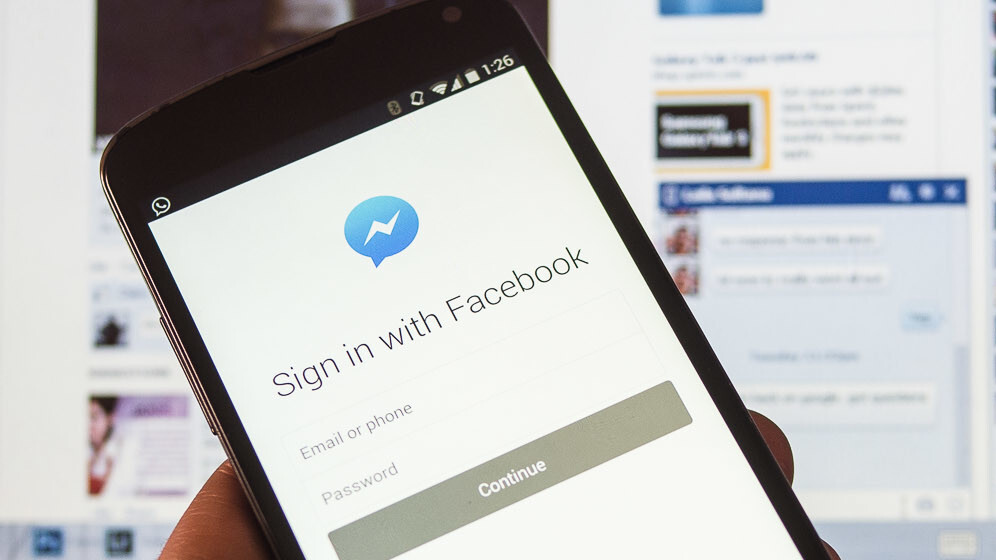
Recently, Google split up its Drive apps into three separate standalone apps: Sheets, Slides, and Docs. Facebook separated its chat offering, Messenger, into its own standalone app, and Foursquare broke its app in two to launch Swarm, an app focused on social mapping. A strategy that all of these large tech companies share: the conscious uncoupling of products colloquially called unbundling.
The unbundling of technology is the act of breaking something into smaller parts – whether that’s a product, service, piece of content or app. In the case of Foursquare, Facebook, and Google, however, this unbundling was all about streamlining the app experience to focus on one thing that people want to do and doing it really well.
Unbundling for a better user experience
“We spend a lot of time talking to people about Foursquare, and we constantly hear how people use Foursquare for two things – the keep up and meet up with friends, and to discover great places. But, as it turns out, each time they open the app, it’s almost always do just one of those things,” said Brendan Lewis, head of communications at Foursquare in an interview with The Next Web.
“That’s the main driver for our decision to unbundle these two experiences into two separate apps: to make the experience better for both use cases.”
The decision to unbundle Foursquare into two apps wasn’t just based on a hunch. Noah Weiss, Foursquare’s vice president of product management told The Verge that just five percent of Foursquare’s users were opening the app to find friends and a restaurant.
That means that the other 95 percent of users were opening the app to find either a recommendation-based result or to check-in – hence the decision to split the app into two apps: Foursquare and now Swarm.
Unbundling as a strategy: Mainly for the mega tech companies
At its core, unbundling makes perfect sense – watch how users are experiencing an app and separate the experiences to make them more useful or meaningful. But for many smaller app companies, this strategy is unrealistic.
“Unbundling is completely untenable for smaller companies. The only reason that companies like Facebook, Google, and Foursquare able to do it is because they’re giants in the space,” said Mark Burstiner, senior product manager at the mobile design agency Fueled told us in an interview.
Burstiner argues that app developers should figure out their minimum value proposition, find the data to support it, and then build the app feature-by-feature. This approach saves the developer from launching an app with multiple user experiences and having to unbundle sometime in the future.
“You don’t want your app to be like the diner menu with a million things on it – you want to be the boutique restaurant that does a few things really well, and slowly adds new menu items as they draw in a crowd,” he added.
The crowded diner menu being apps like Google Drive, which was recently unbundled into three standalone apps.
Foursquare: The unbundling exception?
“Listen, the point of the company, this whole thing, was never to build an awesome check-in button,” Foursquare CEO Dennis Crowley told The Verge. Foursquare’s goal was to build a social application around exploration and finding friends, which ultimately led to a massive influx of check-in and tip data, now helping to fuel its recommendation engine.
This deliberate evolution and now conscious unbundling seems far more deliberate than unbundling because there were too many minimum value propositions, or none at all.
“It’s the difference between throwing a bunch of stones and hitting a bunch of birds or realizing that you didn’t have to throw so many stones in the first place,” Burstiner said. “Foursquare hit two very big birds: the check-in market to glean data and the recommendation market to make it sing.”
Unbundling to inform startups
“This whole strategy is still really, really young. What’s interesting is that it’s going to shape how startups approach their app development. It forces startups think differently,” Burstiner added.
The trend of unbundling, which has fueled a hyper awareness around user experience, will no doubt help startups think about what their app’s true minimum value proposition, therefore creating more focused user experiences.
For smaller companies, this means concentrating on their own set of current design trends: niche marketplaces, offering just one core product, and taking advantage of the hyperlocal and personalized Web.
“The idea of a unbundling forces startups to go back to the drawing board and figure out what is important to the user.”
Hopefully, the trend makes for more streamlined apps and better user experiences, though whether users would be bothered by downloading multiple apps for multiple purposes is still up for debate.
See also: Smartphones: The silent killer of the Web as you know it
Get the TNW newsletter
Get the most important tech news in your inbox each week.







